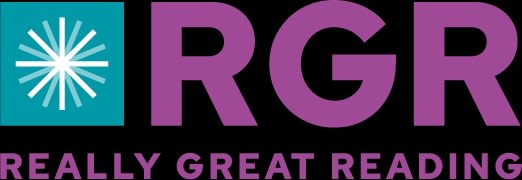Dive Brief:
- After six months of testimony, closing arguments are expected to start this week in the trial of 35 Atlanta educators accused of cheating on the the 2006 CRCT exam.
- Though the initial indictment implicated 35 educators, 21 have reached plea deals.
- The prosecutors have painted a picture of a "cleverly disguised conspiracy" in which the educators, desiring high test scores and their related bonuses, erased and corrected 257 million standardized test questions. The defense has maintained that teachers were merely cleaning up the answer sheets, with one attorney saying, "This was not cheating. First-graders doodle all over the exams."
Dive Insight:
As the trial winds down, it may be worthwhile to revisit Rachel Aviv's longform piece in July's New Yorker. Aviv interviewed everyone from the teacher who opened the test booklets early and later re-bubbled student answers to Parks Middle School Principal Christopher Waller, who condoned and encouraged this behavior. During the trial, former educator Stacey Johnson testified that Waller encouraged cheating through intimidation, asking teachers, "Who's on my team?"
Similar to a trial, where people are allowed to share their side of the story, Aviv's article presents the human side of the scandal, ultimately boiling down the bigger issues, like the pressures of high-stakes testing and little support for factors like poverty, that led to it happening. “The people who say poverty is no excuse for low performance are now using teacher accountability as an excuse for doing nothing about poverty," Arizona State University's former dean of education, David Berliner, told Aviv.
One heartbreaking scene in the article describes the school's celebration of its undeserved successes, with a pizza and ice cream party for students when the doctored results came back. There is something sad about students jumping around and celebrating unearned test scores, and that the principle is pushing for this charade to happen. The scene shows the school's desperation and underscores what is currently valued. It wasn't just pizza the kids got from the falsified scores, but perceived validation of self-worth.












